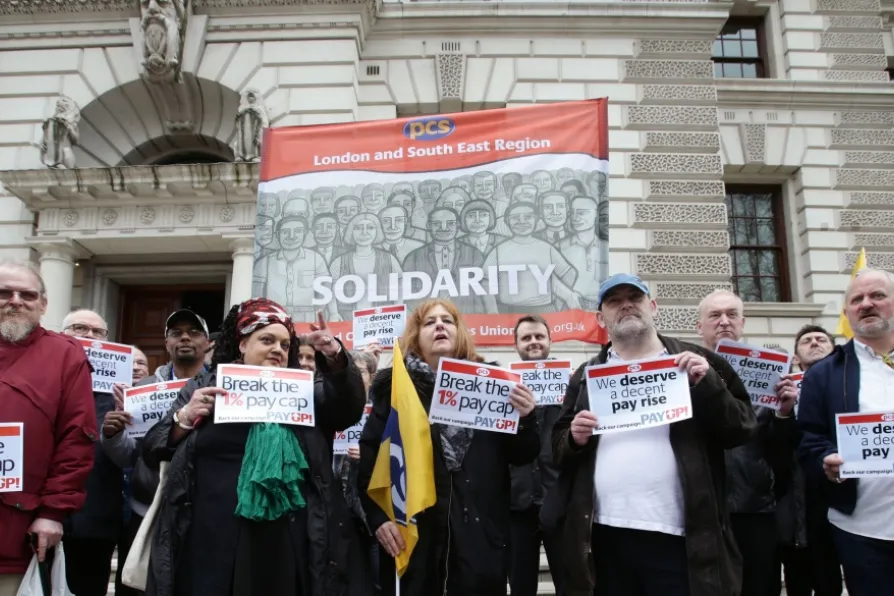John Wojcik pays tribute to a black US activist who spent six decades at the forefront of struggles for voting rights, economic justice and peace – reshaping US politics and inspiring movements worldwide
Industrial action on the cards in the Civil Service
PCS is standing up for workers’ living standards, writes SHAVANAH TAJ


THIS week, at both the Wales TUC conference and our own annual delegate conference, PCS will be taking further steps to challenge the Westminster government’s attack on public-sector workers’ livelihoods.
At the PCS conference in Brighton, our national executive committee (NEC) is seeking conference’s support to launch an industrial action ballot in pursuit of our national pay campaign.
The union submitted a pay claim in January for a fully funded 5 per cent or £1,200 pay rise, a living wage of £10 an hour, pay equality across the Civil Service and a common pay and grading structure.
Similar stories

With Labour governments either side of the border, the distressing times we live in demand much more collaborative working, argues JESS TURNER

Public and Commercial Services union leader FRAN HEATHCOTE warns the Chancellor not to take an axe to the Civil Service – and points to measures that would genuinely improve the public sector

Persistent inequality for women shows we still have a long way to go, but Wales TUC leader SHAVANAH TAJ is confident we can build a fairer country when we work together










